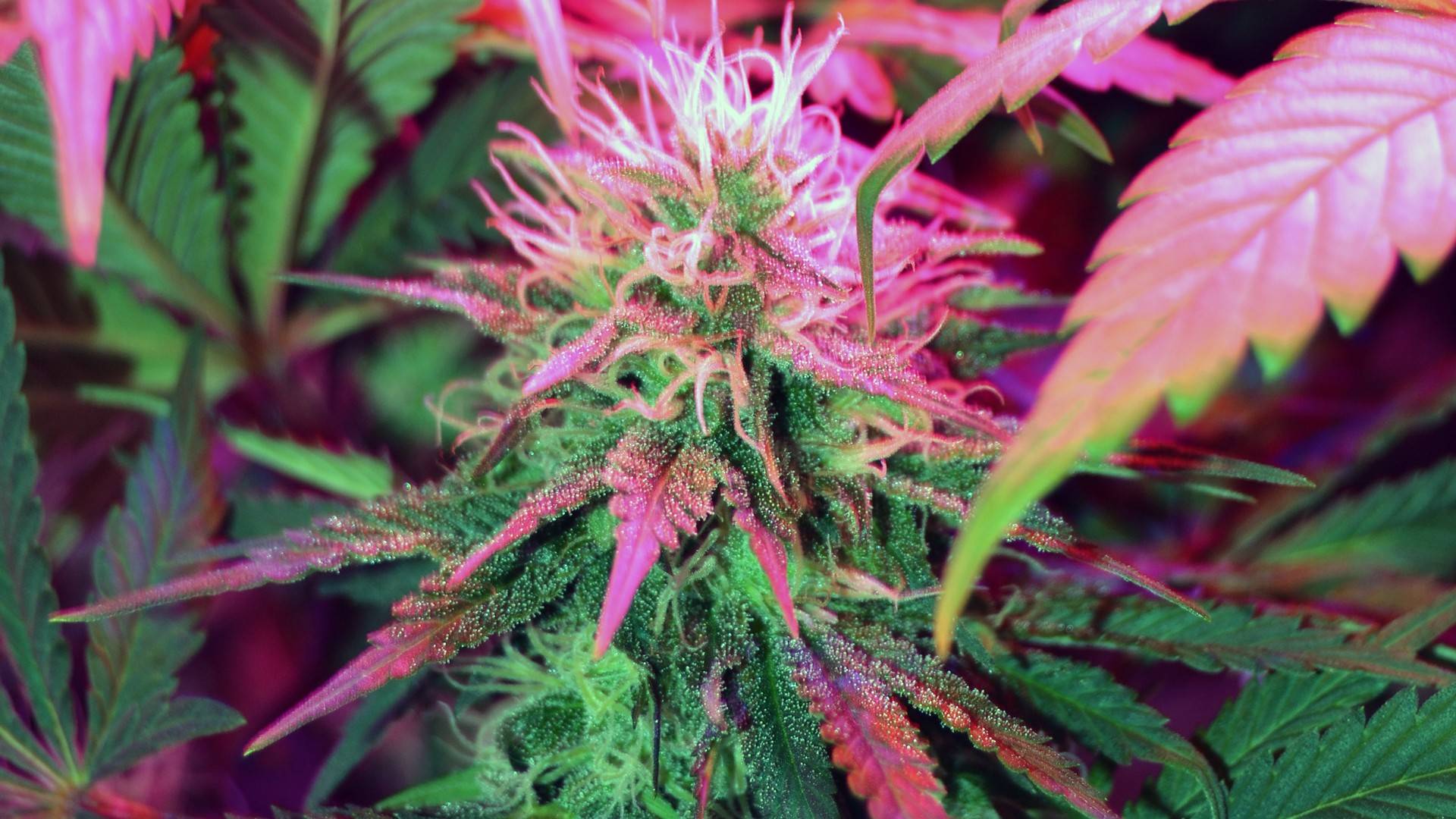Not everyone will have an equal experience on the health effects of marijuana. Some groups of people, such as adolescents, pregnant and breastfeeding women, and elderly persons, are particularly susceptible to physiological, neurological, and behavioral impacts of cannabis. In such populations, even moderate use may lead to an increase in risks or peculiar complications, which should be the subject of special public health recommendations and clinical precautions.
The Teen and Brain Development
The neurodevelopmental perspective adolescence is a crucially important time in human development when the brain is continuing to grow and develop, especially in areas related to executive functioning, impulse control, decision-making, and emotion regulation. Over the years, numerous longitudinal studies have revealed that early-onset marijuana use (usually considered use before age 18) has the potential to interfere with these developmental processes.
Exposure to THC at adolescence has been linked with:
- Slower thinking and poorer memory, attention, and learning performances.
- Anatomical alteration in brain regions like prefrontal cortex and the hippocampus.
- Greater risk of psychiatric illness, such as anxiety, depression and schizophrenia, especially among those with a genetic vulnerability.
- Increased risk of cannabis use disorder (CUD) during adulthood.
The given results highlight the necessity of evidence-based prevention work with young people, and policies that limit the access of underage groups to high-potency cannabis products.
Pregnancy, Breast feeding and Pediatric Exposure
The use of cannabis during pregnancy poses significant hazards to the mother and the unborn child. THC does penetrate the placental barrier and impact fetal development, endocannabinoid system included the latter is involved in neural differentiation and brain development.
Studies have associated prenatal marijuana with:
- Low Birth weight
- Dulled thinking
- Childhood and adolescent behavior problems
Despite the fact that some pregnant people might take marijuana to relieve nausea or nervousness, at present, no FDA-approved cannabis products are available to treat symptoms related to pregnancy. American College of Obstetricians and Gynecologists (ACOG) highly discourages the use of marijuana during pregnancy and lactation.
THC has also been known to be excreted in breast milk in the postpartum period,
which induces concerns about accidental exposure in infancy,
which is a period of fast neurodevelopment. Although there is limited information on the long-term effects among exposed infants,
precautionary principles would dictate that avoidance is the most prudent thing to do.
